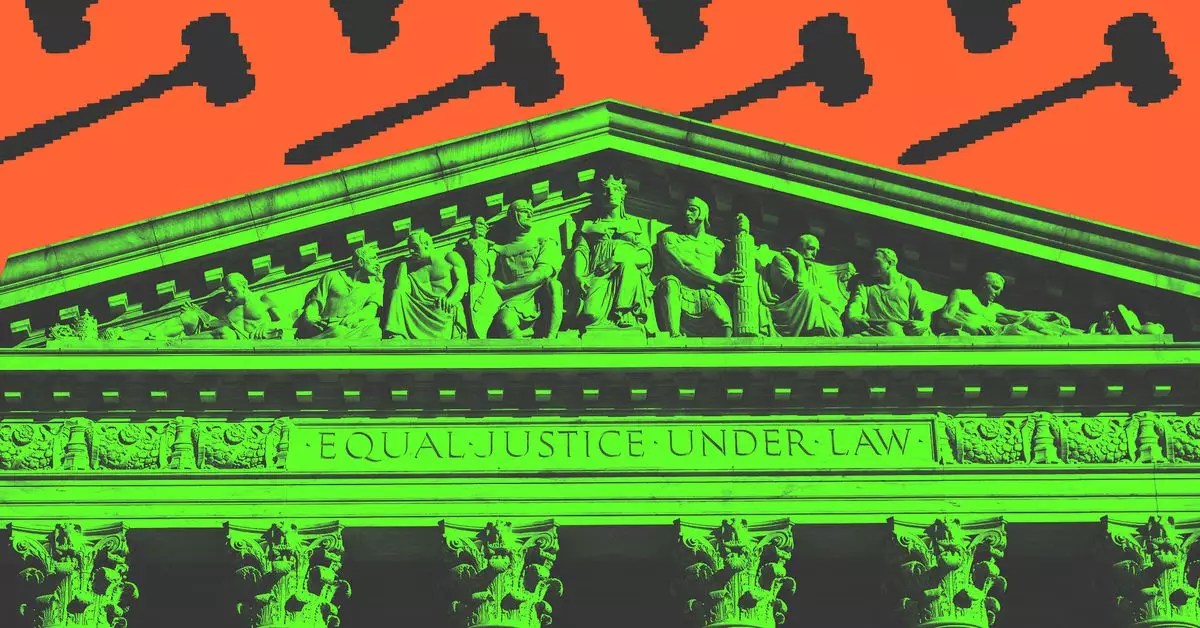The recent Supreme Court ruling in Lindke v. Freed has established a new test to determine when a public official can be considered to be engaging in state action by blocking someone on their social media account. This decision, signed by Justice Amy Coney Barrett, has significant implications for how public officials can interact with constituents online.
According to the Supreme Court, in order for a public official to be considered engaging in state action by blocking someone on social media, they must meet two criteria. Firstly, the official must have actual authority to speak on behalf of the state on a particular matter. Secondly, they must purportedly exercise that authority when speaking in relevant social media posts.
The ruling creates a new way to determine whether an official can be held liable for violating a citizen’s First Amendment rights through actions on their social media pages. Merely owning a social media account is not enough to shield public officials from accountability. The distinction between private and state action hinges on the substance of the posts, not just labels.
Justice Barrett suggested that simple disclaimers on social media accounts could make a significant difference in the determination of state action. For example, if a public official’s account clearly states that it is personal and not official, there would be a presumption that posts on that account are personal in nature.
Katie Fallow, senior counsel of the Knight First Amendment Institute at Columbia University, praised the Supreme Court for holding public officials accountable for their actions on social media. However, she expressed disappointment that the Court did not adopt a more practical test that balances the free speech interests of public officials and citizens.
The Knight Institute previously challenged former President Donald Trump over blocking users from his @realDonaldTrump Twitter account, arguing that it was a public forum where exclusion based on views was unconstitutional. While lower courts ruled in favor of the Institute, the Supreme Court vacated the decision after Trump left office.
The new ruling has significant implications for public officials who use social media to engage with constituents. By placing disclaimers on their accounts, officials can create a safe harbor that protects them from being considered to be acting on behalf of the state when blocking users.
The Supreme Court’s ruling on state action in blocking on social media has set a new precedent for the interaction between public officials and citizens online. By establishing a test that requires officials to clearly delineate between personal and official accounts, the Court has provided clarity on the limits of free speech in the digital public square. It remains to be seen how this decision will be implemented in future cases and how it will impact the way public officials use social media moving forward.


Leave a Reply